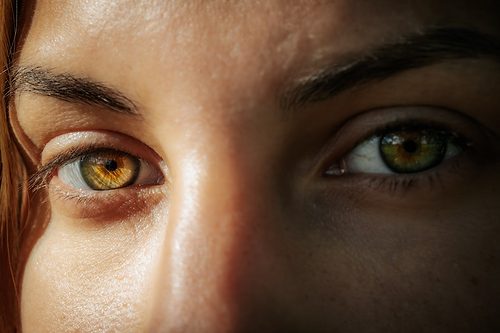Articles Tagged with ''depressive_disorder''
Acne Increases Suicide Risk, With or Without Accutane
Editor-in-Chief, Caroline Fisher, PhD, MD
Read More
Antidepressant Response Not Linked to Serotonin Transporter Gene
Section editor, Glen Spielmans, PhD
Read More
SAMe May be Effective Augmentation for Antidepressants
Section editor, Glen Spielmans, PhD
Read More

_-The-Breakthrough-Antipsychotic-That-Could-Change-Everything.jpg?1729528747)



